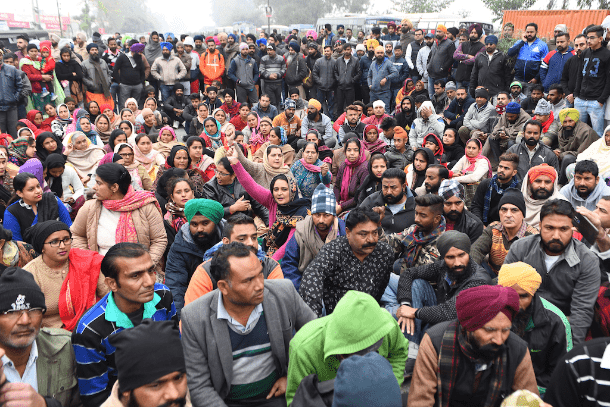South Asia’s rape scourge and moral degradation
January 24, 2020 · By Rock Ronald Rozario, Dhaka, Bangladesh for www.ucanews.org

Parents protest against the school authorities after a eight-year-old girl was allegedly raped by a school boy, at the Sacred Heart Convent School in Beas in India’s Punjab state on December 16, 2019. (Photo by Narinder Nanu/AFP)
Seven years after the brutal gang rape and death of a college student on a bus in India’s federal capital New Delhi, a Court issued an execution order for four convicts on Jan. 7.
The 2012 barbaric assault on a 23-year-old medical student triggered massive street demonstrations and a nationwide reckoning over rape and sexual violence against women in India.
It led to changes in the anti-rape law, including the introduction of the death penalty. But changes in legislation have done little to change the scenario in India.In 2018, India was ranked the most dangerous country in the world to be a woman due to the high risk of sexual violence and slave labor, according to a global survey by the Thomson Reuters Foundation.
Each day on average, some 100 women are raped in India. In 2016, India recorded 39,608 rape cases, at least 520 of them of children below the age of six, according to data released by the National Crime Records Bureau.
South Asian scourge
Neighboring South Asian countries are not much behind in rape spree.
In Bangladesh the crime continues to increase phenomenally. At least 1,413 women were raped in 2019, almost double of the 2018 figure of 732, according to Ain-O-Salish Kendra (ASK), a leading rights watchdog. In addition, 1,005 children were raped in 2019, a sharp raise from 571 cases in 2018, according to Bangladesh Child Rights Forum.






